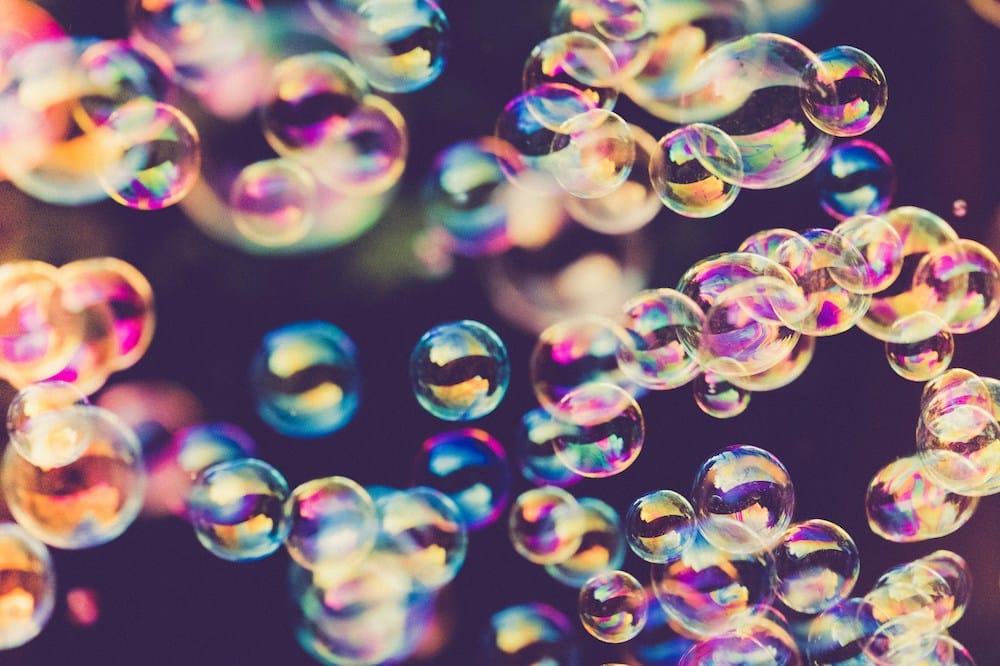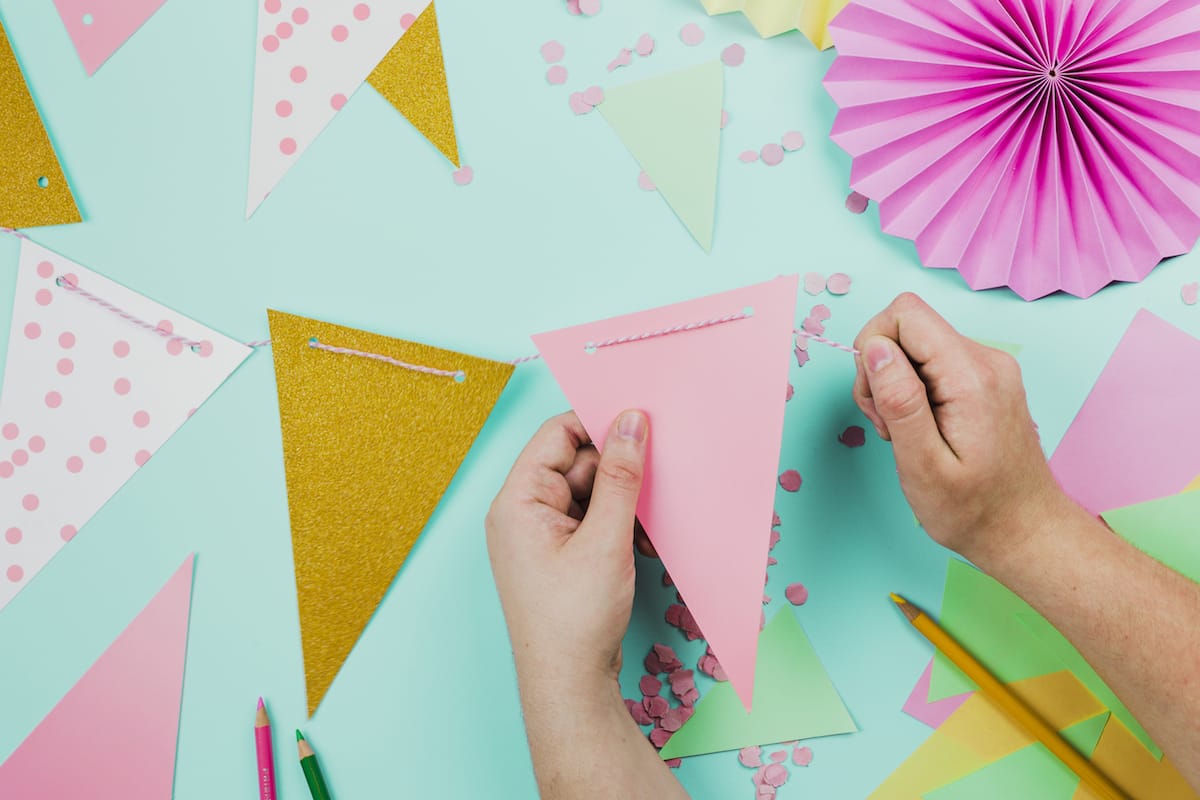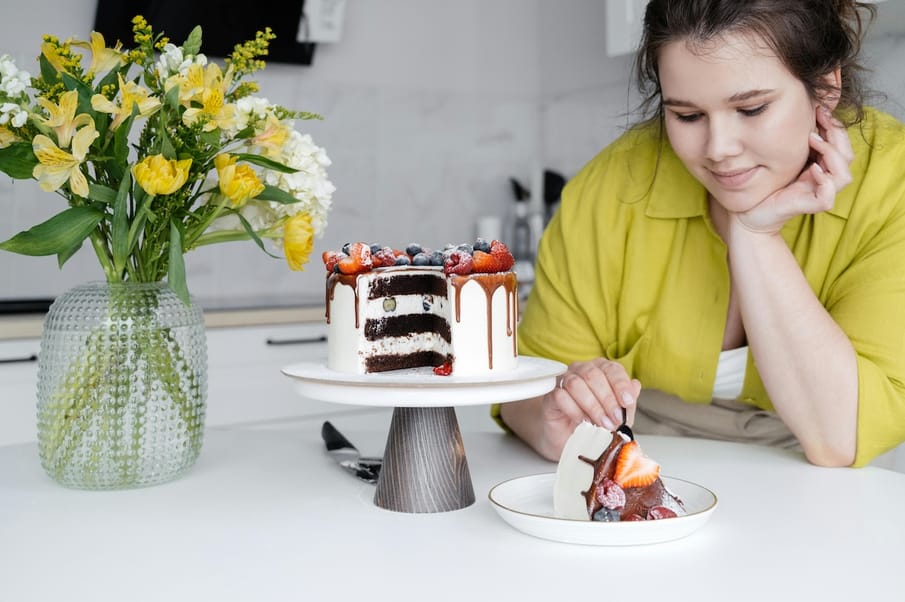It’s time to let loose and paint the town green
Whether it’s a birthday, anniversary, new job, house, graduation, or any other kind of milestone moment, celebrating life’s highlights with your nearest and dearest is a wonderful thing – but have you ever thought about how you could better honour our environment in unison?
It’s reported that the UK alone sees a 30% increase in waste over the Christmas period, and when you consider the decorations, disposable cutlery, unwanted presents, and uneaten food that amasses through various other events throughout the year, it doesn’t paint the prettiest picture for our planet.
So, here we’re revealing more sustainable and eco-friendly swaps for your next celebration. This is most definitely not about cutting back on having a good time, simply some suggestions for how to be more mindful while you do it. Now that’s something we can all raise a glass to!
Avoid: Smoke bombs and fireworks
Bright colourful bursts from these items can feel like a ‘wow’ moment at an event. But their impact on the environment is spectacularly bad. Coloured smoke bombs have become increasingly popular for gender reveals and wedding photography, but the components making them include various chemicals, such as synthetically made potassium nitrate – the production of which emits high levels of greenhouse gases, and damages the environment once broken down in the earth.
Likewise, fireworks contribute to noise pollution (often distressing for wildlife), as well as the obvious collection of harmful chemicals, and metallic compounds needed to spark such vivid aerial displays, which can contaminate water supplies when falling back to the ground.
Instead: Fire-free fun
While there are ‘eco-friendly fireworks’ that release fewer emissions, these are still not fully ‘green’. Instead you could go to light displays, blow bubbles (ideally using a homemade environmentally-friendly washing up liquid to be more conscious of ingredients), throw biodegradable confetti (often made from dried flowers), or have disco lights in your home.

Avoid: Plastic favours
It can be tricky to know what to provide as party favours, whether it’s a kid’s birthday, or a thank you to wedding guests. And while novelty gifts can be a fun conversation starter, if they’re produced from plastic, or overly packaged, their impact on the planet can linger on a lot longer.
Instead: Savour the sentimental
It’s a cliche, but it really is the thought that counts. You could print a picture you love featuring a guest, make a friendship bracelet they can keep, bake a sweet treat they’ll love, or think longer term with a pack of seeds to grow and think of you as they tend to it.

Avoid: Balloons
Foil balloons tend to be those fun novelty shapes, or often longer-lasting, but the Mylar they’re produced from isn’t biodegradable, and can’t be put into your normal recycling. The typical balloons you might picture in a bunch or archway decoration are made from latex, which can be a natural material, but doesn’t biodegrade easily – it’s reported that even those marketed as ‘biodegradable’ can take up to four years to decompose. The Marine Conservation Society has even stated that it’s found an average of “three balloons per 100m during [its] Great British Beach Clean”.
Additionally, animals can get caught up in any attached ribbon or string, and often mistake the balloon for food, which can cause death if ingested.
Instead: Bunting and banners
The great thing about this swap is that you can really personalise it and get crafty in the process. You might enjoy sewing and want to create reusable fabric bunting to whip out for a variety of occasions through the year. You could weave some woollen pom poms into a garland to bring out again at the next bash. Or you could go down a paper route and use recycled materials to create personalised event banners, paper streamers, or experiment with origami to make unique and inventive decorative items such as paper flower bouquets, birds, or stars.

Bake your own cake:
Baked with love is an expression for a reason, showing the thought you’ve put into things – even if the decoration isn’t up to professional standards. This also means you have control over ingredients, to ensure they’re locally sourced.
Encourage public or shared transport:
Depending on the event and location, you might want
to coordinate ride shares or direct people to local public transport routes.
Recycle and reuse:
As much as possible, look to reduce waste, and dispose of what you can’t properly. This could include sending guests home with leftovers, recycling, and finding new ways to display decorations after the occasion.


Comments